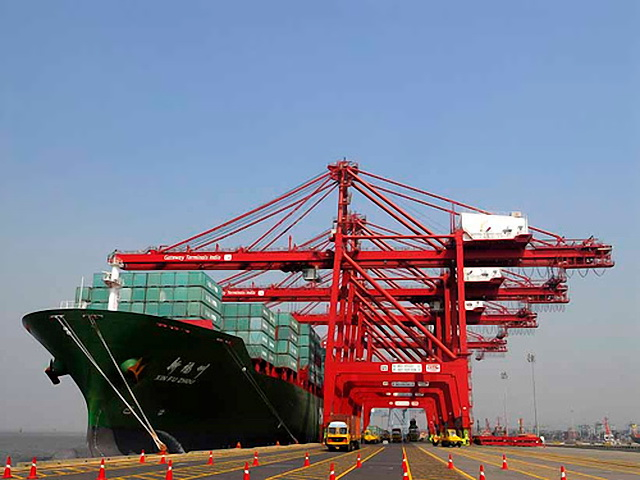There is constant debate over who should dictate the laws of the global economy. For the last 100 years or so, that duty has fallen on the shoulders of the United States.
Recently, we have seen China’s world influence increase dramatically.
With initiatives like the newly ratified BRICS (Brazil, Russia, India, China) development bank and the Chinese investment bank AIIB (Asian Infrastructure Investment Bank), China has swiftly dipped their toes into the waters of global governance.
For obvious reasons, this has caused great tension between the U.S. and China. In response to these economic moves made by China, the U.S. has been in ongoing trade agreement talks with Pacific region countries under the name of TPP (Trans Pacific Partnership).
On April 16, U.S. lawmakers agreed to allow fast-tracking of international trade bills in specific reference to the ongoing TPP negotiations.
The TPP agreement will be the largest trade deal since NAFTA (North American Free Trade Agreement) was agreed upon in 1994. The countries involved in the agreement are Australia, Brunei, Canada, Chili, Japan, Mexico, New Zealand, Peru, Singapore, the United States, and Vietnam.
Junior Accounting major Dylan Jensen was asked for his opinion on the issue of global governance. He proceeded with careful deliberation.
“I’m not entirely sure who should delegate the laws of the global economy, but I think the U.S. is more than qualified because of their extensive experience in dealing with various economies around the world. Also, because the U.S. economy is the most developed, they have the ability to adequately aid developing countries.” Jensen said.
“I believe that the United States’ history and experience would prove to be the most valuable in decisions regarding global economic governance.”—Dylan Jensen
Pausing for thought, he added.
“Although I wouldn’t dismiss China as being qualified for this role, I believe that the United States’ history and experience would prove to be the most valuable in decisions regarding global economic governance.” Jensen said.
The U.S. and its most loyal regional partner Japan, view the TPP agreement as a strategic economic partnership. Of the 12 member countries, China is not one of them and this can be seen as a political statement.
Hoo Do, a first year from Vietnam weighed in on the issue.
“I think that the U.S.’s decision to step in will be beneficial to most of the developing countries in Asia and will help decrease the overarching influence that China possesses in the region.” Do said.
Both the United States and Japan have voiced their concerns over the increasing influence China has been gaining in the region.
Japan and the U.S. also chose not to join the Chinese-led AIIB bank that will be in direct competition with Japan’s Asian development bank, and the U.S. influenced World Bank.
The AIIB already has 53 member countries throughout the world with specific support from influential European nations like Germany, France, Italy, and Great Britain.
Torin Dougherty a management major from San Francisco gave his thoughts.
“I think it’s important to start with the regional impact of Chinese hegemony. The most impactful thing I have seen in the past 5 years, has been how China has surpassed Japan economically and is now the second largest economy in the world. China is really taking advantage of their population and the world needs to reassess China’s position as a legitimate world player.” Dougherty said.
Torin continued and asked a few questions of his own.
“It is important for the world to see them as a super power because of their population and economic prowess. However, the question becomes, how far does that power extend? I do find it somewhat contradictory of the U.S. to make claims or take aggression against China for basically following in our footsteps. I also see why they would because of the direct threat China poses to the spheres of influence the U.S. currently holds. I then also have to ask if the U.S. and China can work cooperatively together rather than being at odds with each other?” Dougherty said.
It will definitely be interesting to see how the U.S. and other nations continue to respond to China spreading its influence throughout the world.
So far the reaction from the US has been to push back and maintain the hegemony currently held, while other countries have been more receptive to another player joining the game.
It will be worth paying attention to this conflict moving forward, as it could have lasting implications on the world economy for decades to come.
-Mark Siatta

I agree that the most influential event is China surpassing Japan as 2nd highest GDP country in the world. And according to The Economist, China is going to surpass USA in 2020 or so. Apart from considering what annoying muscle-flexing behaviour of China, we should also reflect on how US acts in blocking China’s rise. Being the superpower of last century, the US has gathered unfair share of power (e.g. veto power in World Bank, IMF). Is she playing fairly in international arena?